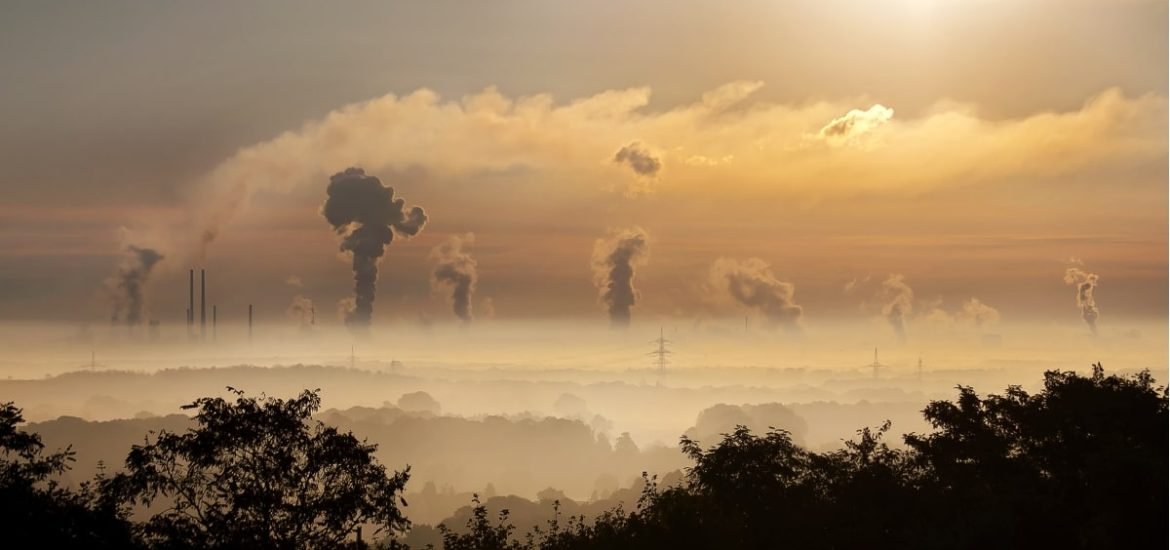
As part of the UN climate summit, COP24, in Katowice, Poland from 2–14 December, the world’s top investors came together on 10 December calling for urgent reductions in carbon emissions and the phasing out of coal as an energy source. Otherwise, they say, the global economy will face a financial collapse several times worse than the 2008 crisis.
The latest Intergovernmental Panel on Climate Change (IPCC) report released in October highlighted the imminent threat of climate change and the impact it may have on the health and livelihood of the global population. Whereas some climate experts say the report was too modest and did not go far enough, attempts to include the findings in the global climate talks were objected to by the US, Saudi Arabia, Russia, and Kuwait.
Nonetheless, the consensus put forward by the biggest investors in the world, including pension funds, insurers, and asset managers, was a stark warning of the potentially catastrophic impacts of global warming. The group has called upon governments to phase out all coal burning, end fossil fuel subsidies, and levy hefty taxes on carbon. Most existing emissions taxes are below $10 (approximately €8.8) per tonne but investors say these will need to rise to up to $100 in the next ten years or so. Although Emanuel Macron’s failed attempted may not be the best way, as evidenced by the gilets jaunes protests.
The Guardian reports that Schroders, an investment firm has forewarned of a potential loss to the global economy of $23 trillion (around €20 trillion) a year if governments fail to slow climate change. A report put forward by Standard & Poor’s, a rating agency, suggests these economic changes have already started to happen. The analysis showed that global warming of 3 degrees Celcius compared to pre-industrial levels will likely cost 2 per cent of global output in the near future. Moreover, this will affect emerging and developing economies much more than developed ones. S&P suggests placing a “global price tag on carbon” to fight climate change.
According to Thomas DiNapoli, a New York politician and former Chairman of the Assembly Environmental Conservation Committee, “The low-carbon economy presents numerous opportunities and investors who ignore the changing world do so at their own peril.” Investors have an important and often powerful influence on policymakers. The Global Investor Statement launched before the June climate talks in an attempt to exert this power now has 415 signatories ― groups of investors that manage over $32 trillion of global wealth. The main demand of the statement is to phase out coal-powered plants around the globe. Sceptics like Donald Trump continue to assert that climate action will kill jobs, but the truth is that these are “jobs from the 19th century,” according to many investors.
It has become increasingly clear that investors “are moving out of coal in their droves given its devastating effects on the climate and public health, compounded by its poor financial performance,” says Peter Damgaard Jensen, the CEO of Danish pension fund PKA. The private sector is moving towards more climate-friendly activities, now governments will need to follow suit.